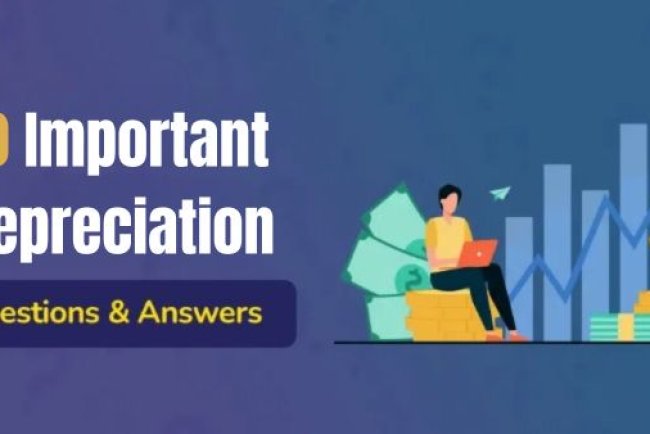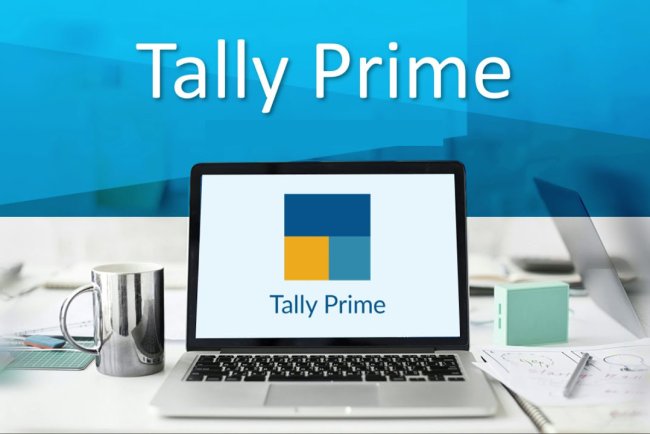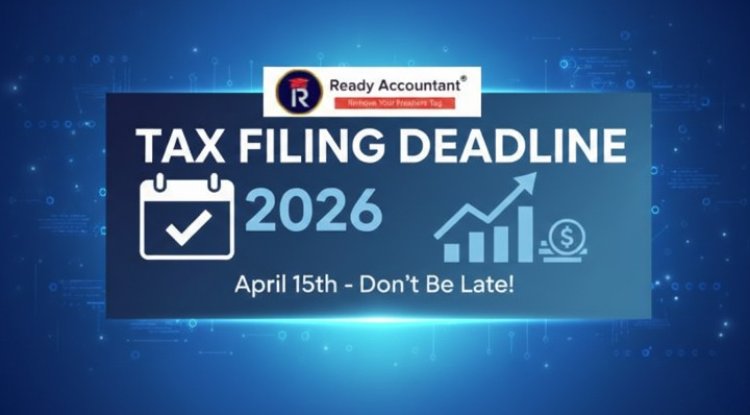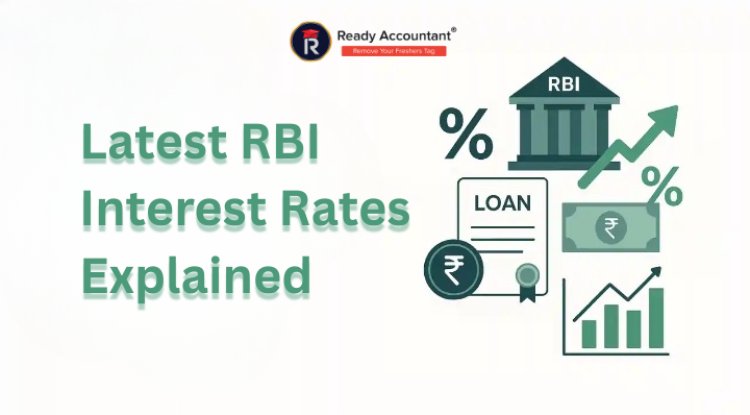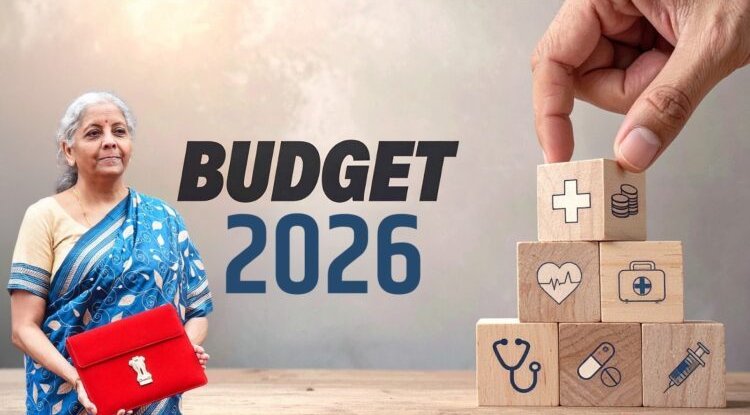Key Changes in Tax Slabs and Compliance Rules (2025 Update)
The 2025 tax update introduces new income tax slabs with zero tax up to ₹7.5 lakh and simpler GST compliance rules like lower e-invoicing limits and faster refunds. Staying updated or consulting the best tax service company in Kolkata ensures smooth compliance and maximum savings.
India’s taxation landscape is continuously evolving, with every financial year bringing new updates, reforms, and compliance obligations for taxpayers. As the government aims to simplify processes and encourage transparency, it’s crucial for individuals, businesses, and finance professionals to stay informed about the key changes in tax slabs and compliance rules for 2025.
Whether you’re a salaried employee, entrepreneur, or an aspiring accountant pursuing a Certified Corporate Accounting or SAP FICO (Finance & Controlling) course, understanding these changes is essential for smart tax planning and regulatory compliance.
1. Updated Income Tax Slabs for FY 2024–25 (AY 2025–26)
The Union Budget 2025 brought several notable adjustments to the income tax slabs under the new tax regime, which continues to be the default system. The revised structure is designed to simplify taxation and provide relief to the middle class while maintaining the government’s fiscal stability.
Here’s a quick look at the revised slabs under the new regime:
| Income Range (₹) | Tax Rate |
|---|---|
| 0 – 3,00,000 | Nil |
| 3,00,001 – 6,00,000 | 5% |
| 6,00,001 – 9,00,000 | 10% |
| 9,00,001 – 12,00,000 | 15% |
| 12,00,001 – 15,00,000 | 20% |
| Above 15,00,000 | 30% |
Key Update:
-
The rebate under Section 87A has been enhanced, meaning individuals earning up to ₹7.5 lakh annually now pay zero tax under the new regime.
-
The old tax regime remains optional, but taxpayers need to opt for it each year while filing returns.
2. Simplified Compliance Rules for Businesses
To promote ease of doing business, the government has introduced several compliance relaxations and digitization measures in 2025. These updates are especially significant for MSMEs, startups, and professionals providing taxation (income tax & GST) services.
Key highlights:
-
E-invoicing threshold reduced: Businesses with an annual turnover exceeding ₹3 crore must now generate e-invoices under GST.
-
GST return filing simplified: The GSTR-1 and GSTR-3B forms are now auto-linked, minimizing data mismatches and human errors.
-
Input Tax Credit (ITC) reconciliation: ITC claims are now validated automatically with suppliers’ data through the new GSTN portal.
-
Digital Signature (DSC) integration: A unified authentication system for e-filing and GST returns has been launched for better transparency.
For businesses looking to stay compliant without hassle, partnering with the best tax service company in Kolkata can make a big difference. Professional firms now offer end-to-end digital tax filing, GST reconciliation, and accounting automation support — helping companies save time and reduce compliance risks.
3. Major Changes in Corporate Tax Compliance
Corporate taxpayers must take note of several updates affecting their 2025 filings and reporting requirements:
-
Corporate tax rates remain stable, but the minimum alternate tax (MAT) credit rules have been rationalized for clarity.
-
The faceless assessment system has been expanded, meaning most corporate scrutiny will be done online through AI-based matching.
-
Transfer pricing documentation has been made more transparent, requiring multinationals to disclose country-by-country data under BEPS guidelines.
-
New environmental compliance reporting has been integrated into the annual financial disclosure forms for select industries.
For professionals trained in SAP FICO (Finance & Controlling), these updates reinforce the importance of understanding automation-driven compliance tools. SAP’s integrated tax modules now make it easier for large organizations to maintain accurate ledgers, manage GST filings, and prepare for audits.
4. GST Amendments and Compliance Enhancements
GST continues to be one of the most dynamic components of the Indian tax system. In 2025, several changes have been made to strengthen transparency and minimize tax evasion.
Notable changes include:
-
New GST Amnesty Scheme 2025: Allows taxpayers to clear pending returns and dues with partial penalty relief.
-
Real-time invoice tracking: GSTN now tracks B2B invoices in real-time to detect fake invoicing.
-
Streamlined refund process: Refund applications for exporters and inverted duty structures are now processed within 15 working days.
-
E-way bill integration: Transporters can now generate e-way bills directly through connected logistics platforms, saving time on manual uploads.
Professionals and students specializing in Taxation (Income Tax & GST) must stay updated on these amendments to ensure clients or employers remain fully compliant.
5. Key Compliance Deadlines and Penalties
Staying compliant isn’t just about paying taxes — it’s also about meeting deadlines and avoiding penalties. Here are some crucial reminders for 2025:
| Compliance Type | Due Date | Penalty for Delay |
|---|---|---|
| Income Tax Return (Individuals) | 31st July 2025 | ₹5,000 (if filed after due date) |
| Tax Audit Report | 30th September 2025 | ₹1,50,000 or 0.5% of turnover |
| GST Annual Return | 31st December 2025 | ₹200 per day (capped at 0.25% of turnover) |
| TDS Return Filing | Quarterly | ₹200 per day of delay |
These timelines are critical for both individuals and businesses. Partnering with professional consultants or enrolling in a popular course like Certified Corporate Accounting helps individuals learn how to handle tax filings efficiently and accurately.
6. Rise of Digital Tax Filing and Automation
India’s tax administration is rapidly moving toward digitization and AI-driven compliance. In 2025, the Income Tax Department launched enhanced versions of the AIS (Annual Information Statement) and Form 26AS, providing detailed transaction-level data for taxpayers.
Automation tools are now being integrated with SAP FICO (Finance & Controlling) and Tally ERP to help accountants and businesses streamline data flow, reconciliation, and reporting.
For aspiring finance professionals, gaining expertise in Certified Corporate Accounting and digital tax platforms can create lucrative career opportunities in corporate finance, auditing, and consulting.
7. Why You Should Stay Updated
The key changes in tax slabs and compliance rules affect not just your tax liability but also your eligibility for rebates, deductions, and benefits. For example:
-
Choosing between the old and new tax regimes can significantly impact savings.
-
Missing a GST filing deadline can lead to heavy interest and penalties.
-
Incorrect ITC claims or delayed TDS returns can trigger compliance scrutiny.
Hence, individuals and businesses should consult experts or the best tax service company in Kolkata to ensure full compliance while optimizing tax savings.
8. Building a Career in Taxation and Corporate Accounting
With India’s growing digital economy and expanding compliance network, the demand for skilled finance professionals is on the rise. Those trained in Certified Corporate Accounting, SAP FICO (Finance & Controlling), and Taxation (Income Tax & GST) can secure high-growth roles in accounting firms, corporates, and fintech companies.
These courses teach not just theory but also practical applications such as:
-
GST filing and reconciliation
-
TDS return preparation
-
Income tax computation
-
Balance sheet and P&L reporting
-
Using SAP and Tally for compliance automation
In short, being well-versed in these areas ensures you’re future-ready in India’s evolving finance ecosystem.
Conclusion
The 2025 updates to tax slabs and compliance rules reflect India’s commitment to simplifying taxation while encouraging digital transparency. Whether you’re managing personal finances or business accounts, staying informed and proactive can save money, prevent penalties, and enhance financial efficiency.
And for those building a career in finance, mastering taxation, SAP FICO, and accounting systems through a Certified Corporate Accounting program will open doors to exciting opportunities in one of India’s fastest-evolving sectors
What's Your Reaction?







